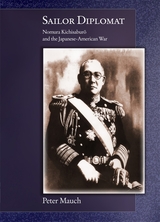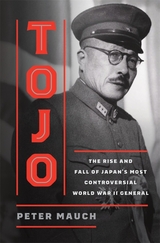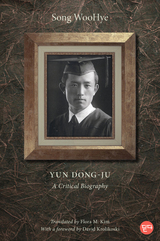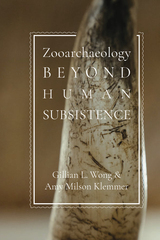
The definitive biography of Hideki Tojo, the controversial general who redefined military leadership in Shōwa-era Japan before his downfall during World War II.
As Japan’s pre–Pearl Harbor ambassador to the United States, Admiral Nomura Kichisaburō (1877–1964) played a significant role in a tense and turbulent period in Japanese–U.S. relations. Scholars tend to view his actions and missteps as ambassador as representing the failure of diplomacy to avert the outbreak of hostilities between the two paramount Pacific powers.
This extensively researched biography casts new light on the life and career of this important figure. Connecting his experiences as a naval officer to his service as foreign minister and ambassador, and later as “father” of Japan’s Maritime Self Defense Forces and proponent of the U.S.–Japanese alliance, this study reassesses Nomura’s contributions as a hard-nosed realist whose grasp of the underlying realities of Japanese–U.S. relations went largely unappreciated by the Japanese political and military establishment.
In highlighting the complexities and conundrums of Nomura’s position, as well as the role of the Imperial Navy in the formulation of Japan’s foreign policy, Peter Mauch draws upon rarely accessed materials from naval and diplomatic archives in Japan as well as various collections of personal papers, including Nomura’s, which Mauch discovered in 2005 and which are now housed in the National Diet Library.

The definitive biography of Tojo Hideki, the controversial general who redefined military leadership in Showa-era Japan before his downfall during World War II.
The military general who became Emperor Hirohito’s prime minister, Tojo Hideki is most often remembered as an iron-fisted leader who dragged Japan into World War II and—after spectacular losses—was eventually executed as a war criminal. Yet Tojo was far more than his ignominious end. In fact, as Peter Mauch argues, he was one of the twentieth century’s most accomplished military statesmen.
Over a career of some forty years, Tojo successfully launched himself into the highest echelons of political power. He was not only a tactical genius, Mauch shows, but also a savvy administrator, a fierce imperialist, and a deeply loyal advisor to the emperor. Tojo’s career took off with the notorious Kwantung Army in Manchuria, where he played a key role in escalating the Sino-Japanese War during the 1930s. As he rose through the ranks, becoming minister of war and then army chief of staff, he honed the efficiency of the Imperial Army and enhanced its influence within the emperor’s court. All the while, he deftly negotiated the fractious military rivalries that arose wherever he went. Brilliant, ambitious, and often ruthless, Tojo reached political heights that were perhaps matched only by his precipitous fall in the final months of World War II.
Layered and evocative, Tojo is at once a riveting military history of Showa-era Japan and a nuanced portrait of the relentless personality at its center.
READERS
Browse our collection.
PUBLISHERS
See BiblioVault's publisher services.
STUDENT SERVICES
Files for college accessibility offices.
UChicago Accessibility Resources
home | accessibility | search | about | contact us
BiblioVault ® 2001 - 2025
The University of Chicago Press









